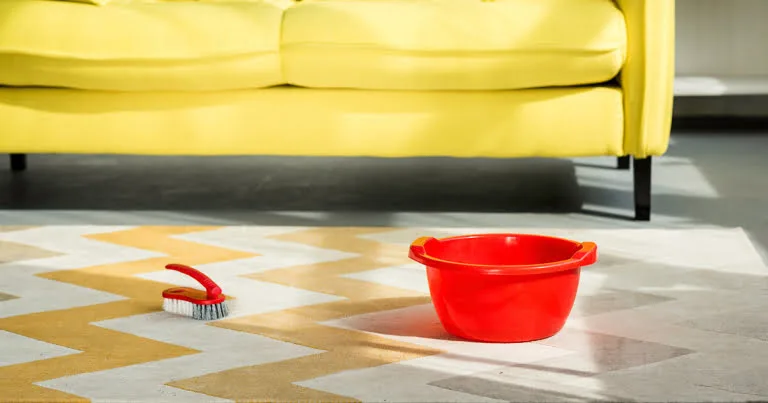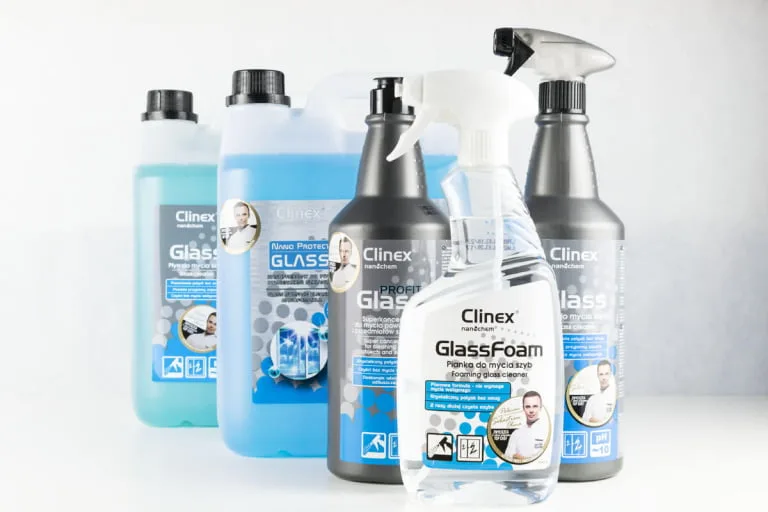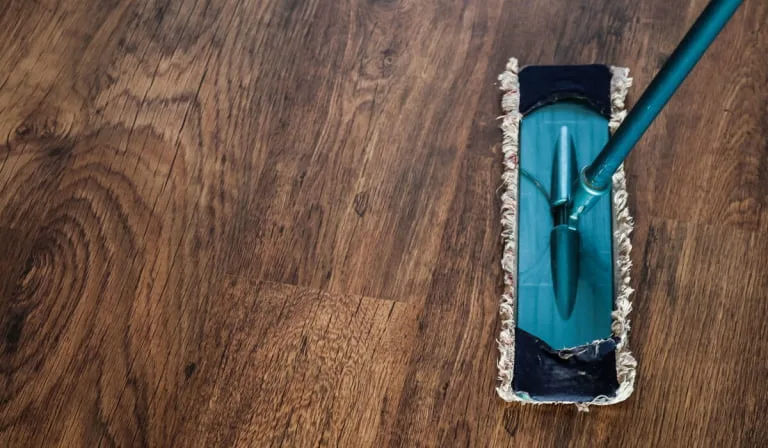To clean and disinfect washable surfaces in libraries, agents suitable for professional cleaning should be used.
Lending books during the pandemic
Locked at home and forced into isolation, we reach for books much more often. Many statistics say so. Books have great power! They can take us to a different reality, stimulate our imagination, increase our knowledge and relax us greatly. There is probably no person who has not lazed around with a book in hand on winter evenings at least once. During the coronavirus epidemic, books have returned to many homes as a perfect cure for boredom.
Reading is healthy, everyone knows that. But is it safe to use libraries during the pandemic? For fear of the virus, many people refrain from renting books. Meanwhile, there is nothing to worry because libraries, like other public facilities, take care to maintain safety. Regular disinfection of all areas exposed to contamination is essential. But what about books?
Can books be disinfected?
The library is a huge collection of various books and books. Each of them is made of paper and is terribly afraid of any moisture. Standard disinfection using disinfectant liquids will not work in this case. So what about the safety of using such books?
Libraries have a great solution for this, which also works in the context of coronavirus infections. In order for available books to be safe for readers, they must be quarantined. Since the virus does not spread on its own, putting the book away for 10-14 days is a sufficient way for it to die out naturally. For this purpose, after receiving the book, the librarian should mark it with the return date and put it in a box where it will stay for the next 2 weeks. After this time, the copy may return to the shelf and be borrowed by another reader.
It is worth remembering to use protective gloves when handling books that may be contaminated. Libraries must also purchase antibacterial gel, e.g. Clinex DEZOSept , which will be used by both visitors and library employees. The preparations should be placed in a visible place, right at the entrance to the library. Hand disinfectants are becoming a mandatory element of the equipment of various types of facilities. The most popular are antibacterial spray, disinfection gels and wipes, e.g. Clinex DEZOWipes .
What areas should be disinfected in libraries?
Apart from books, all other areas of the library require routine disinfection after each customer. This mainly concerns the disinfection of countertops after each receipt of a book from a reader. Since we cannot disinfect copies with disinfectants, you should be careful where you put your returned books. If we temporarily move books to other surfaces, they should also be routinely disinfected.
The Ministry of Health and the Chief Sanitary Inspectorate also recommend frequent airing of rooms and disinfection of other areas, such as:
- biblioboxes, i.e. book drop boxes,
- pieces of equipment that are frequently used (e.g. keyboards, telephones and other touch elements),
- reading tables and lamps,
- sanitary rooms,
- entrance doors, especially around the door handles.
It is equally important to replace existing cleaning detergents with cleaning and disinfecting preparations. This will prevent the possible spread of pathogens between cleaned surfaces. Additionally, each library room should be assigned separate cleaning accessories. The use of professional cleaning and disinfecting agents allows you to maintain proper hygiene of cloths or mops, which additionally increases the effectiveness in the fight against microorganisms.
How to disinfect in libraries?
As already mentioned, agents adapted to professional cleaning should be used to clean and disinfect washable surfaces in libraries. There are many brands on the market that offer professional preparations for cleaning companies. One of them is the Clinex brand, which guarantees high product performance, equally high effectiveness and, importantly, simplicity of use. All products offered by Clinex include appropriate permits. Preparations designed for cleaning and disinfection, such as Clinex Barren or the virus-fighting Clinex DEZOFast, will work perfectly in this role.
For professional disinfection, it is recommended to use biocides with strong virucidal, fungicidal and bactericidal properties. Clinex DEZOFast meets the above requirements and is classified as a high-performance preparation with a broad spectrum of action. As an aldehyde-free agent, it can also be used to disinfect all washable surfaces in libraries. Its high effectiveness was also proven by laboratory tests conducted by the University of Silesia in Katowice. In the report presented by Dr. Sławomir Sułowicz, we see 6.8 times higher effectiveness of DEZOFast compared to ethyl alcohol at a concentration of 61%. This is proof of its high effectiveness in combating viruses and bacteria living on various surfaces.
Due to the increased frequency of disinfection in libraries, the offer also includes a concentrated version of the product. Clinex DEZOFast concentrate , when diluted with water, allows you to prepare a full-fledged cleaning and disinfecting solution. It is therefore suitable for cleaning and disinfecting floors and other frequent contact areas in libraries.

![How to remove difficult dirt from porous surfaces? [Baza wiedzy]](https://www.clinex.com.pl/wp-content/uploads/powierzchnie-porowate-768x456.jpg.webp)




